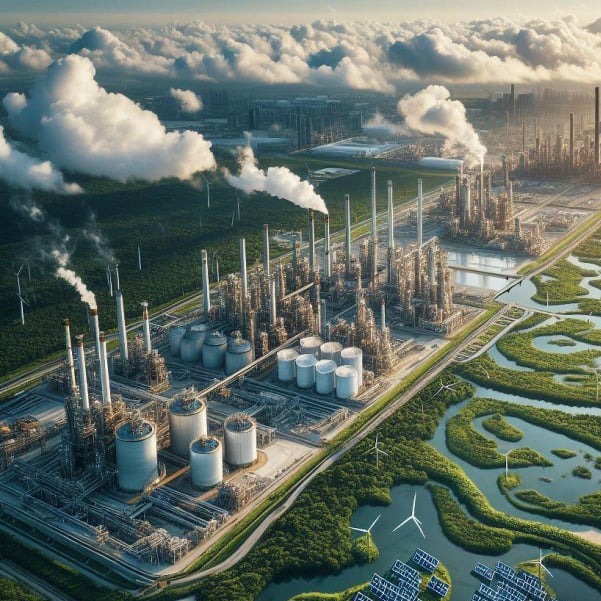
Decarbonization
Decarbonization is a crucial challenge in the pursuit of more sustainable industrial and energy practices, aiming to reduce carbon dioxide (CO2) emissions and mitigate the impacts of climate change.
Scientists, engineers, and researchers at DELVE QUÍMICA join various industries in the constant development of new catalysts, seeking to improve efficiency, selectivity, and stability, while promoting cleaner production with fewer CO2 emissions.
